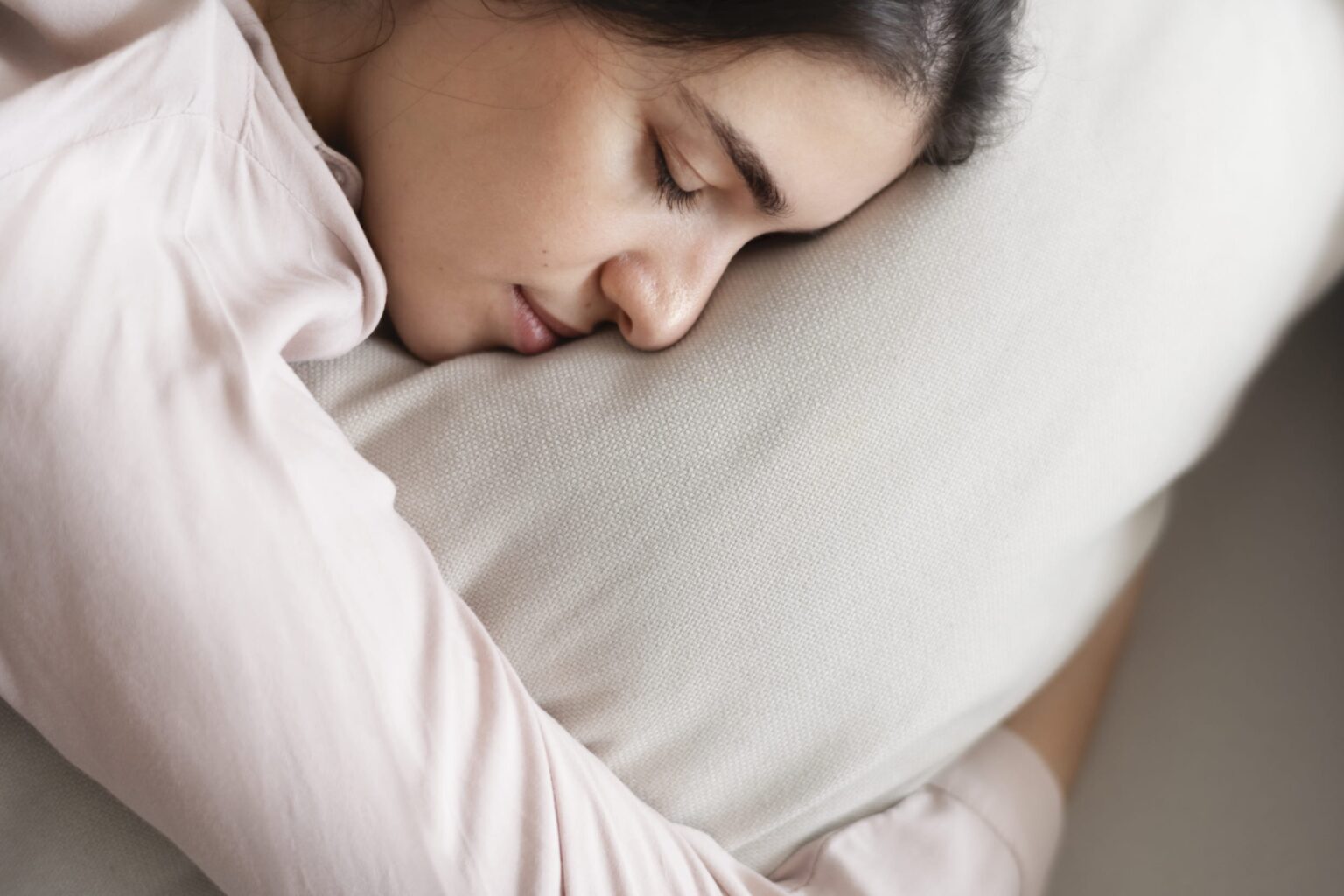
Casa di Cura Privata San Rossore
Let's revisit the article by Dr. Maria Grazia Bongiorni, published in the latest issue of "San Rossore InForma."
Sleeping well is good for the heart
Countless scientific studies indicate sleep as one of the fundamental elements for safeguarding our health and psychophysical balance. Sleeping poorly makes us exhausted, irritable, depressed, and less clear-headed, clearly demonstrating the connection between sleep and subjective well-being.
The connection between heart health and sleep may seem less immediate, but it’s true: sleeping well is good for the heart.
Attention often focuses mainly on more well-known aspects of cardiovascular health. Diet and physical activity are frequently discussed; exercise is crucial for increasing good cholesterol levels and decreasing the bad, which causes various cardiovascular problems. The same goes for the overconsumption of fatty, fried, and sugary foods.
However, sleep plays a role in this balance as well. How can we explain it?
The circadian rhythm is regulated in our body by two main clocks, one central and one peripheral: the central clock is located in the cerebellum, in a portion called the hypothalamus, and is influenced by changes in light detected through our retinas. The peripheral clock is instead spread throughout all systems and apparatuses and can “mark” a different time compared to the central hypothalamic clock based on certain “zeitgebers” (from German, “time-givers”), such as food intake and external temperature.
These “zeitgebers” regulate the cellular circadian rhythm of smooth muscle cells (which regulate vascular tone), cardiomyocytes (the cells that make up the heart), etc., by modifying hormone secretions, blood pressure, and heart rate. Inappropriate signals in both clocks, related to wrong habits and sleep disturbances, can cause an imbalance, a “time change,” directly affecting every sector of our body.
Those who exercise at a good level know that to achieve good results, they need to sleep an adequate number of hours. This is because during sleep, our body regenerates, rests, repairs muscles and cells; similarly, sleep is involved in the healing and repair of the heart and blood vessels. This means that a lack of rest is linked to an increased risk of heart disease, hypertension, diabetes, and stroke.
Rest and heart health, what are the sleep problems to counteract?
When we sleep, due to the activity of the parasympathetic nervous system, our blood pressure decreases by about 10-20%, and similarly, heart rate decreases: in other words, the heart works less, it rests. However, for this rest to have beneficial effects on cardiovascular health, sleep must be of good quality and last an adequate amount of time.
Indeed, there is a close connection between insomnia, fragmented and irregular sleep, and heart problems, and if the conditions persist, a vicious cycle is created whereby the heart disease itself can be the cause of non-restorative sleep.
The most deleterious condition is sleep apnea or nocturnal apnea.
It has been shown that some sleep disorders can cause cardiovascular diseases and that they can, in turn, disrupt sleep.
The most well-known association is with obstructive sleep apnea syndrome (OSAS), characterized by temporary cessation of breathing during sleep. Nighttime apneas can be a consequence of pathological situations such as obesity or heart failure but can also be a co-cause of arterial hypertension and ischemic events.
Disturbed sleep with frequent awakenings, fatigue, and daytime sleepiness, or significant nocturnal snoring, may suggest obstructive sleep apnea syndrome and thus necessitate a cardiological evaluation.
Symptoms of obstructive sleep apnea syndrome are present both day and night, and it often takes a long time before diagnosis.
Patients are often unaware of the symptoms or trivialize them, as with snoring or sleepiness. Moreover, the partner often reports restless sleep or breathing pauses during the night.
The most frequent symptoms are the sensation of non-restorative sleep, daytime sleepiness, morning headache, and dry mouth sensation. These patients often have memory or attention disorders, but of particular relevance are the complications on the heart and metabolism.
If sleep is disturbed by the onset of a palpitation sensation, the cardiological visit may reveal the presence of any arrhythmias, which in some cases are predominantly nocturnal.
Do you need to sleep at least 7 hours per night?
For sleep to be beneficial, you need to sleep at least 7 hours per night.
Between 18 and 60 years old, we need at least 7 hours of continuous sleep, and several studies confirm this value. In one of these, people who slept less than seven hours per night had a higher risk of heart failure. This condition is also common in people who have other indicators of inadequate sleep quality, such as insomnia symptoms, daytime sleepiness, sleep apnea, and irregular rest.
The greater the number of these signs of unhealthy sleep that a person has, the higher the likelihood of developing heart failure. Therefore, it is necessary to intervene and work on the parameters that allow for better sleep: a light diet, good physical activity, eliminating habits such as alcohol and smoking, trying not to adapt to a sedentary lifestyle, and avoiding the use of digital devices (smartphones, computers, tablets) before going to bed.
On the other hand, some studies have found an increased risk of cardiovascular diseases in those who sleep a lot (more than 9 hours), but the direct association is not proven, since prolonged sleep is often associated with other problems, such as depression, unemployment, low socioeconomic status, and low physical activity, factors that have already been associated with an increased cardiovascular risk in the past.
By Dr. Maria Grazia Bongiorni and Dr. Federico Fiorentini

SOURCE: Casa di Cura San Rossore








